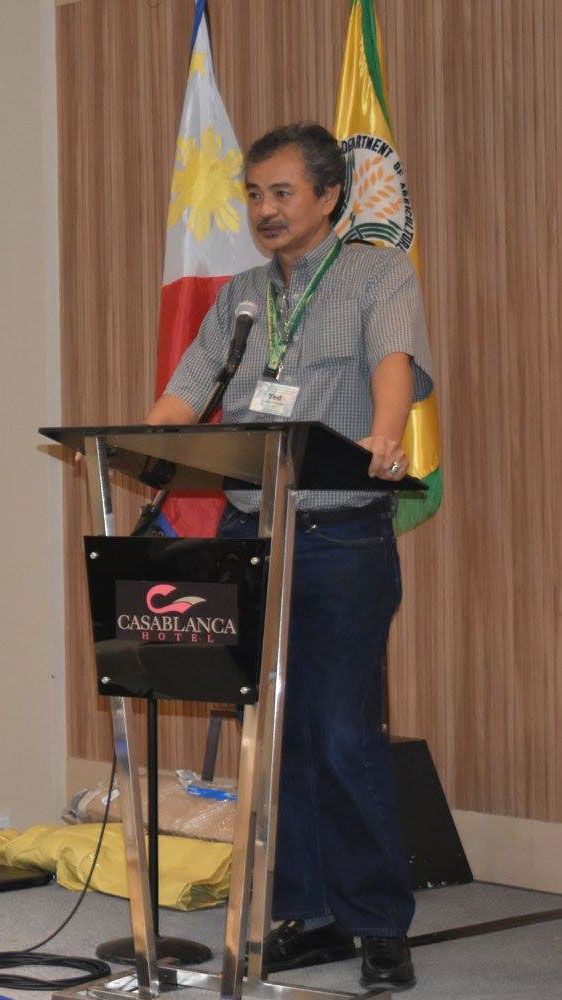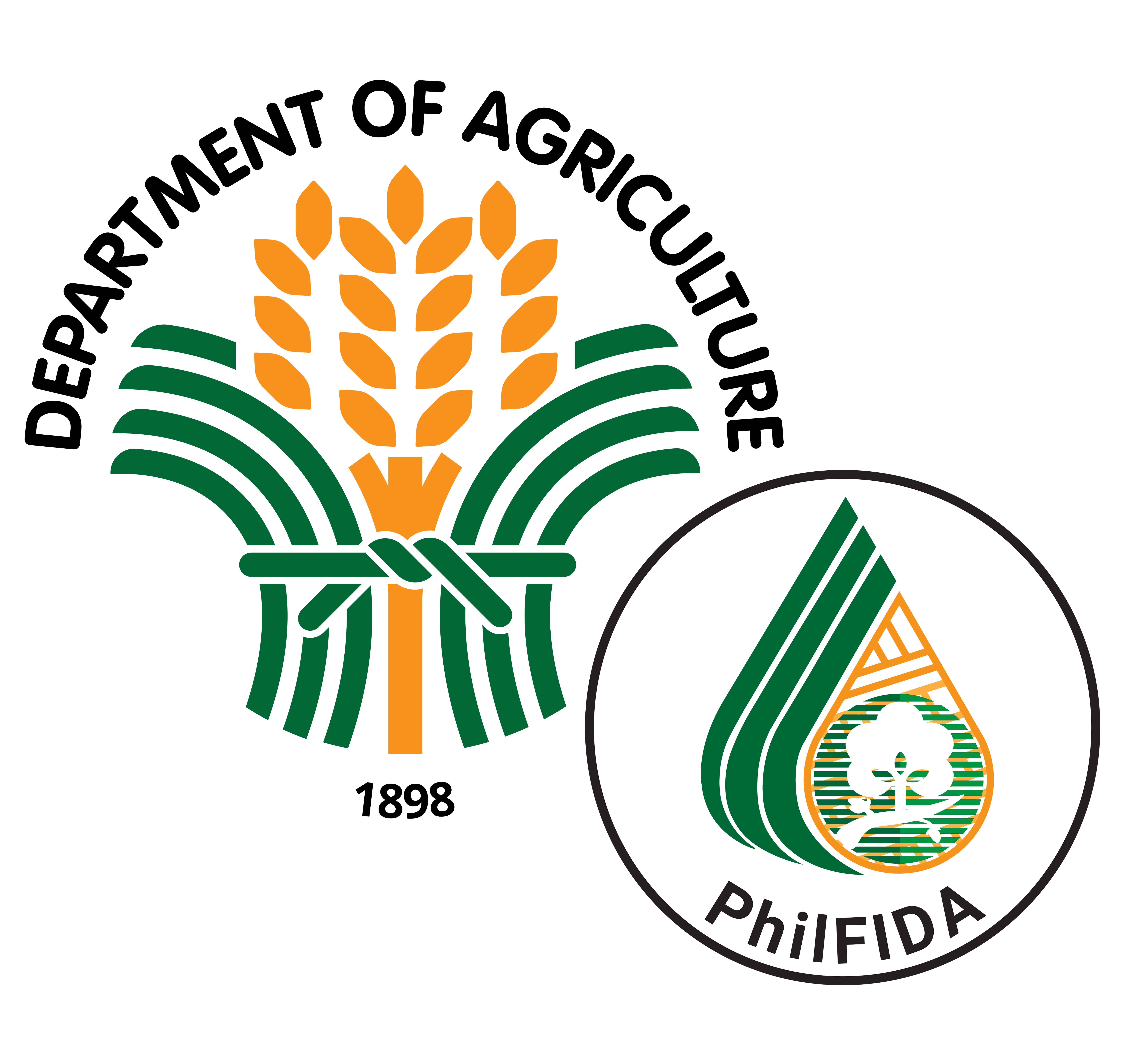The Abaca Tuxy Buying Project
Date Posted January 2018

Executive Director Costales discussing Abaca Tuxy Buying Project
Under the leadership of the new PhilFIDA Executive Director Kennedy T. Costales, the agency plans to solve the major problems of the abaca industry by implementing the "Abaca Tuxy Buying Project.”
This project aims to organize and empower abaca farmers nationwide as a cooperative to produce their own abaca fibers as a group which will result to better quality, competitive price, and increased quantity of fibers. This will help group of farmers to sell their harvest directly to GBEs and local processors.
According to Director Costales, “this will strengthen the cooperativism approach which is an effective tool in the implementation of government agricultural projects and interventions and this will create additional benefits and advantages to all members. “
The traditional way of abaca fiber extraction/harvesting has Twelve (12) stages. The project intends to lessen it to only six (6) steps --Topping, Tumbling, Tuxying, Tuxy Bundling, Tuxy Transporting/Hauling and Tuxy Trading /Selling.
“The traditional process is very much labor intensive. This scheme will remove the burden of the abaca farmers of the other six (6) activities and just let them continue producing all the abaca tuxies they want for the day before selling it to their cooperative that same day. This project will surely increase abaca fiber production,” Costales explained.
The project envisions the abaca farmers capable of running their own cooperative and having their own healthcare centers and grocery stores to cater the various needs of its members. Eventually, as they progress, members may venture into exporting their abaca baled fibers, establish their own cordage factory or even pulp their own abaca and manufacture it into sophisticated end products.
Also under the project, the abaca farmers will not just be farmers but will become entrepreneurs since the project targets to eliminate the participation of traders/middlemen.
The abaca farmers will be trained, guided and assisted by PhilFIDA techinicians on all aspects under the scheme, including administrative work, warehousing and fiber trading, grading and classification.
This process may be replicated in the extraction of other natural fibers, like banana, pineapple, coir, salago, buntal, raffia, maguey, sisal and cotton after in-depth study and research.

